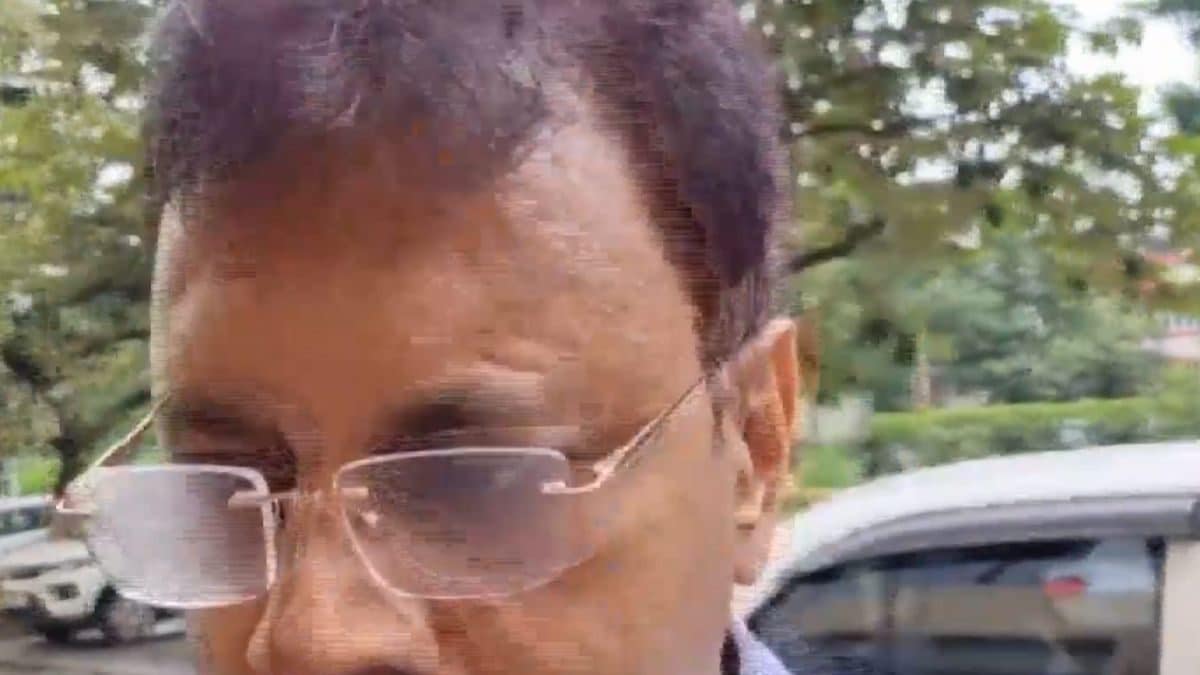The arrest of Sandip Ghosh, the former principal of R.G. Kar Medical College and Hospital in Kolkata, by the Central Bureau of Investigation (CBI) for his alleged role in a case related to financial irregularities, has brought to the forefront the controversial figure he became in the aftermath of the horrific rape-murder of a junior doctor in the institute in August 2019.
A Shield of Controversy
The incident of the young doctor’s murder and the subsequent handling of the case by the West Bengal government threw a spotlight on Ghosh’s alleged role in protecting him from accountability. While Ghosh was facing immense pressure from different quarters for his alleged negligence, his resignation from R.G. Kar as principal and from the state medical services was quickly followed by his appointment as principal of Calcutta National Medical College & Hospital (CNMCH) by the Health Department. This decision was met with widespread criticism, with the state government accused of attempting to shield Ghosh from the fallout of the rape-murder case.
A Swift Resignation Followed By an Immediate Appointment
Despite his resignation being accepted, the government’s subsequent decision to immediately appoint Ghosh as the principal of another prestigious medical institution sparked anger and resentment amongst doctors, healthcare professionals, and the public. The move appeared as a clear attempt to protect a figure heavily embroiled in controversy and faced with serious allegations of corruption.
A Judicial Intervention and Public Outrage
The blatant move to shield Ghosh met with immediate opposition from the judiciary. The Calcutta High Court intervened, ordering a CBI probe into the R.G. Kar incident and simultaneously barring Ghosh from assuming any principal position in any medical college in the state pending the probe. This judicial intervention was further strengthened by a plea filed by a former deputy superintendent of R.G. Kar, Akhtar Ali, alleging financial irregularities during Ghosh’s tenure as principal and urging for a CBI probe into these irregularities.
A Whistleblowers’ Testimony and a Wider Inquiry
Ali’s petition brought forward evidence of the financial inconsistencies and mismanagement within the institute and how his previous attempts to alert the state government about these issues had been ignored. This resonated with the protesting medical fraternity, who further fueled the allegations against Ghosh and suggested that the young doctor might have been targeted because she had knowledge of the alleged corruption within the institute. In light of these allegations and the petition by Ali, the Calcutta High Court mandated a parallel CBI investigation into the financial irregularities along with the rape and murder case.
A Long Investigation and Final Arrest
Following an extensive investigation that involved sixteen days of intensive questioning, the CBI’s economic offences wing finally took Ghosh into custody in the financial irregularities case. The arrest came as a culmination of a long-drawn investigation into the alleged misconduct of a key figure who found himself at the center of a brutal crime and accused of orchestrating a systematic attempt to hide evidence and suppress the truth.
A Complex Investigation
The CBI investigation has uncovered a complex web of allegations involving financial misappropriation and abuse of power by a prominent figure within the medical establishment. The investigation has not only shed light on financial irregularities but has also revealed a pattern of potential manipulation and suppression of evidence to protect the accused. This aspect of the case will be crucial to investigate as it raises serious questions about the systemic shortcomings within the medical institutions in the state.
Takeaways
The case of Sandip Ghosh presents a grim reminder of the challenges in tackling corruption within the medical establishment, and the importance of strong, independent investigations to uncover truth and ensure accountability. The events have also highlighted the need for improved whistleblower protection mechanisms and the vital role of the judiciary in ensuring justice and upholding the rule of law. The incident has sparked a broader debate on the systemic flaws that often lead to the perpetuation of corruption and hinder the delivery of fair justice, particularly within government institutions.




